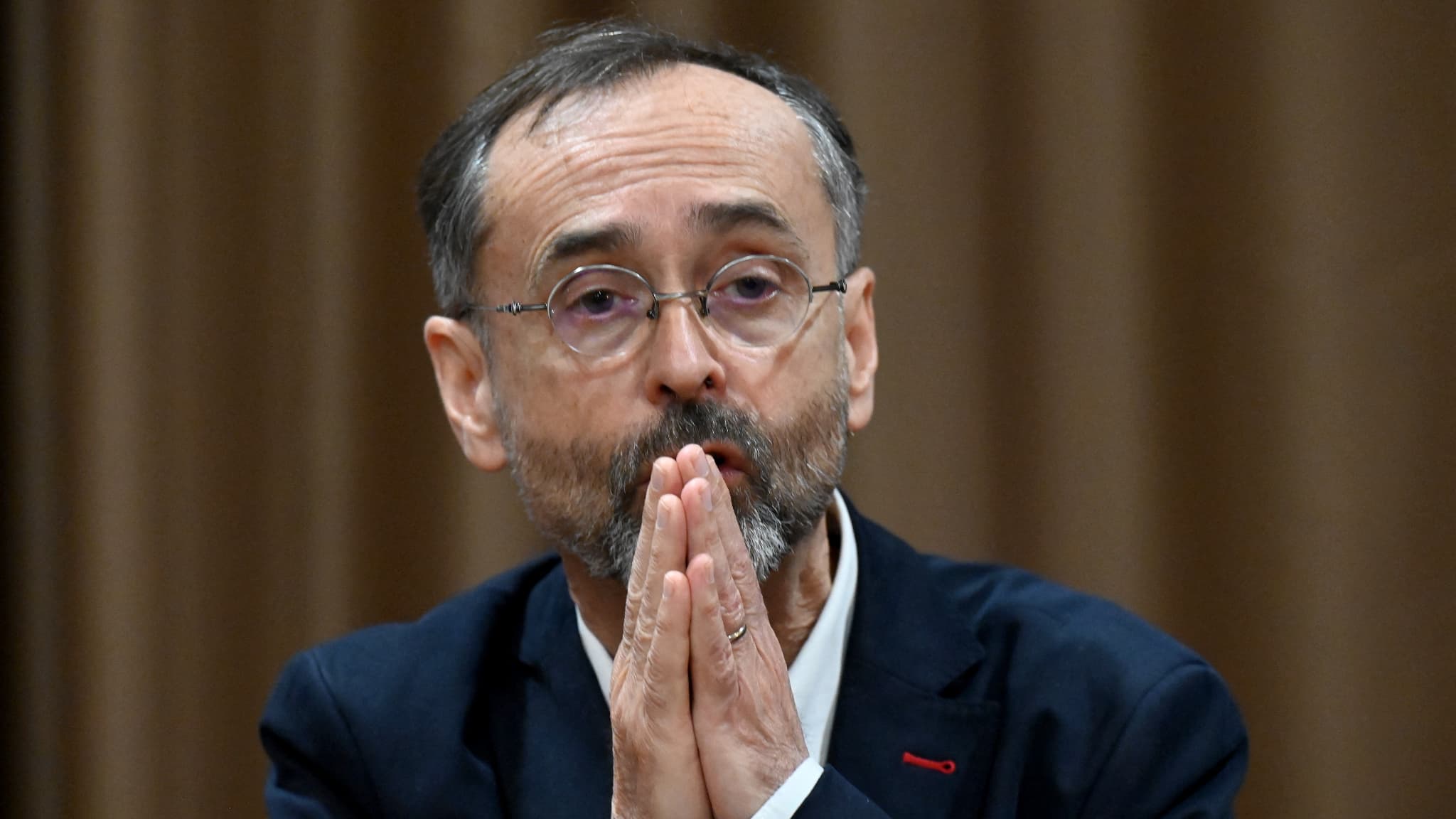Nigeria's World Cup Dream: Avoiding A Repeat Of Past Failures

Table of Contents
Analyzing Past World Cup Performances
The Good, the Bad, and the Ugly
Nigeria's World Cup history is a tapestry woven with threads of both triumph and tragedy. Analyzing past performances is crucial to understanding the path towards future success.
- 1994 USA: A memorable Round of 16 appearance, showcasing exciting attacking football and memorable players like Rashidi Yekini. However, ultimately falling short against Italy.
- 1998 France: Reaching the Round of 16 again, displaying a strong team spirit, but ultimately losing to Denmark. This World Cup showcased the talent of players like Jay-Jay Okocha.
- 2014 Brazil: A promising start with a victory against Bosnia and Herzegovina, but ultimately failing to progress past the group stage. This tournament highlighted the need for consistent team performance.
- Subsequent Tournaments: Mixed results and a general lack of consistency have been the hallmark of Nigeria's recent World Cup campaigns.
The successes stemmed from a potent blend of individual brilliance and team cohesion, while failures often resulted from tactical inflexibility, inconsistent player performance, and off-field distractions. The 1994 and 1998 teams demonstrated a unity and attacking flair that has been elusive in recent years.
Key Challenges Facing the Super Eagles
Talent Identification and Player Development
A persistent challenge for Nigeria has been the effective identification and development of young talent.
- Insufficient Infrastructure: Many promising players lack access to adequate training facilities and coaching.
- Inadequate Youth Leagues: The domestic league structure often fails to provide the necessary platform for young players to showcase their skills.
- Lack of Early Scouting: A robust scouting network capable of identifying and nurturing talent from a young age is needed.
Investing in grassroots football development, improving the quality of youth leagues, and establishing effective scouting systems are crucial steps towards solving this problem. Emulating successful youth development programs in countries like Brazil or Germany could provide valuable insights.
Tactical Flexibility and Coaching Consistency
The Super Eagles have often struggled with tactical consistency, frequently changing coaches and systems.
- Lack of Long-Term Strategy: A long-term coaching strategy with a clear tactical philosophy is essential to build a cohesive and successful team.
- Frequent Coaching Changes: The frequent turnover of coaches disrupts player development and team unity, hindering consistent performance.
Implementing a long-term coaching plan, allowing coaches sufficient time to implement their strategies, and prioritizing tactical adaptability based on opponents are essential for future success in the Nigeria World Cup.
Off-Field Issues and Team Unity
Off-field controversies and a lack of team unity have often undermined the Super Eagles' potential.
- Administrative Challenges: Internal conflicts within the Nigerian Football Federation have negatively impacted the team's performance.
- Lack of Strong Leadership: Strong leadership is needed to manage the team both on and off the field, fostering a positive team environment.
Establishing strong leadership within the federation and the team, promoting effective communication, and fostering a strong sense of unity are crucial for creating a supportive and successful environment.
Strategies for Future Success
Investing in Grassroots Football
Developing a strong foundation at the grassroots level is paramount for long-term success.
- Improved Facilities: Investment in modern training facilities across the country is essential.
- Enhanced Coaching Resources: Providing better coaching education and resources will significantly improve the quality of youth development.
- Strengthened League Structures: Creating a competitive and well-structured youth league system will provide a platform for talent to flourish.
Successful models from other footballing nations should be studied and adapted to the Nigerian context.
Developing a Clear Tactical Identity
Adopting a consistent and flexible tactical approach is vital.
- Long-Term Coaching Plan: Appointing a coach with a clear philosophy and giving them time to implement it is key.
- Player Development Alignment: Player development programs should align with the chosen tactical system.
- Tactical Flexibility: The ability to adapt the team's tactics to different opponents is crucial.
A clear tactical identity, combined with adaptability, will significantly enhance the Super Eagles’ chances of consistent success.
Strengthening Team Unity and Management
Team spirit and effective management are essential components of high-performance teams.
- Building Team Cohesion: Creating a strong sense of camaraderie and unity within the team is vital.
- Conflict Resolution: Effective mechanisms for resolving internal conflicts are needed.
- Strong Communication: Open and honest communication between players, coaches, and management is critical.
Investing in team-building exercises, improving communication channels, and fostering a supportive team environment will significantly enhance the team's performance.
Conclusion
Nigeria possesses the talent and passion to compete at the highest level of international football. However, achieving consistent success in the World Cup requires addressing the challenges outlined above – improving youth development, establishing a clear tactical identity, and fostering a strong and united team environment. By focusing on these key areas, the Super Eagles can significantly enhance their chances of fulfilling their World Cup dream.
Call to Action: Let's support the Super Eagles in their quest for World Cup glory! Follow their journey, and let’s hope that this analysis of past failures will guide Nigeria to future success in the Nigeria World Cup campaign. Discuss your thoughts on how Nigeria can improve its World Cup performance in the comments below.

Featured Posts
-
 Violations Par Oqtf L Udr Exige Une Indemnisation Rapide Des Victimes
May 14, 2025
Violations Par Oqtf L Udr Exige Une Indemnisation Rapide Des Victimes
May 14, 2025 -
 Pokemon Go Sweet Discoveries Event Guide Everything You Need To Know
May 14, 2025
Pokemon Go Sweet Discoveries Event Guide Everything You Need To Know
May 14, 2025 -
 Lindt Launches New Chocolate Shop In The Heart Of London
May 14, 2025
Lindt Launches New Chocolate Shop In The Heart Of London
May 14, 2025 -
 Mission Impossible 8 Can It Achieve Record Breaking Box Office Success
May 14, 2025
Mission Impossible 8 Can It Achieve Record Breaking Box Office Success
May 14, 2025 -
 A Comprehensive Look At The Life And Career Of Sean Diddy Combs
May 14, 2025
A Comprehensive Look At The Life And Career Of Sean Diddy Combs
May 14, 2025
